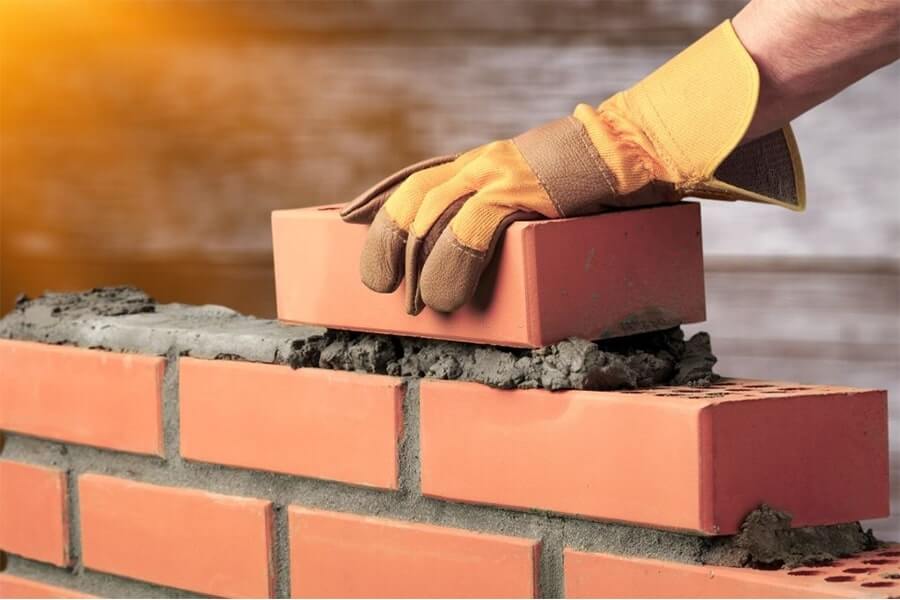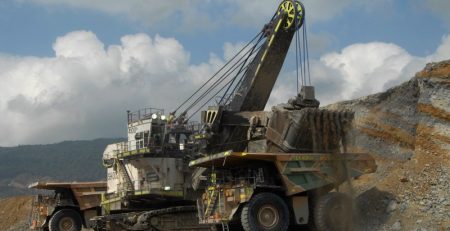Real Estate: Building Sustainable Wealth Brick by Brick
Real estate, beyond the tangible structures and sprawling landscapes, stands as a beacon of financial stability and a vehicle for sustainable wealth creation. For generations, individuals and savvy investors have recognized the inherent power of real estate to generate income, appreciate in value, and serve as a cornerstone for long-term financial security. Let’s explore how real estate, when approached strategically, becomes not just a property, but a pathway to sustainable wealth.
1. Steady Appreciation and Long-Term Growth:
Real estate, historically, has shown consistent appreciation over time. While market fluctuations occur, the overall trend, especially in prime locations, is upward. Unlike many other investments, land and property tend to increase in value, providing owners with substantial wealth as the years progress. This steady appreciation serves as a reliable foundation for sustainable wealth.
2. Passive Income Streams:
One of the most appealing aspects of real estate is its ability to generate passive income. Rental properties, commercial spaces, or vacation homes can be leased out, providing a regular income stream. This passive income not only covers the property’s expenses but also offers surplus funds that can be reinvested or saved. Well-managed rental properties can create a continuous cash flow, supporting a comfortable lifestyle and future investments.
3. Portfolio Diversification:
Real estate offers diversification benefits to an investment portfolio. Diversifying across asset classes, including real estate, spreads risk and provides a cushion against market volatility. Real estate investments often have a low correlation with stocks and bonds, making them an essential component of a balanced investment portfolio. Diversification enhances wealth sustainability by mitigating the impact of economic downturns on overall net worth.
4. Leverage and Appreciation:
Real estate allows investors to leverage their investments, meaning they can purchase properties using borrowed funds. When property values appreciate, the return on investment is calculated based on the property’s total value, not just the initial capital invested. Leverage amplifies potential gains, enabling investors to accumulate wealth faster than with many other forms of investment.
5. Tax Advantages and Wealth Preservation:
Governments often provide tax incentives to real estate investors. Deductions on mortgage interest, property taxes, and depreciation can significantly reduce taxable income. Moreover, real estate assets can be passed down to heirs with favorable tax treatment, facilitating intergenerational wealth transfer. These tax advantages contribute to the preservation and growth of wealth over generations.
6. Hedge Against Inflation:
Real estate has historically served as a hedge against inflation. During inflationary periods, property values and rental income tend to rise, providing a safeguard against the eroding purchasing power of money. Real estate investments not only preserve wealth during inflation but also offer potential for increased returns, ensuring the sustainability of wealth even in economic uncertainties.
In conclusion, real estate stands as a resilient and enduring vehicle for sustainable wealth creation. Its ability to generate consistent income, appreciate in value, provide tax advantages, and act as a hedge against inflation makes it a powerful tool for investors seeking long-term financial security. By understanding the nuances of the real estate market, embracing diversification, and adopting a strategic approach, individuals and investors can build and preserve wealth, ensuring a prosperous future for themselves and generations to come.











Leave a Reply